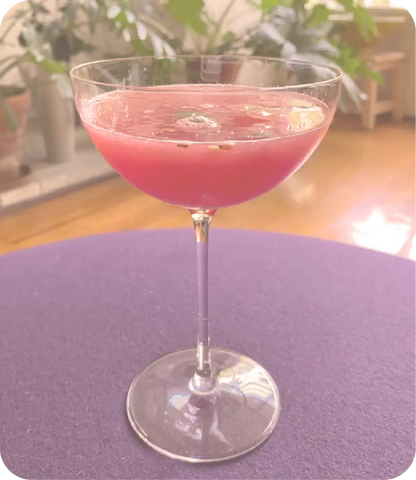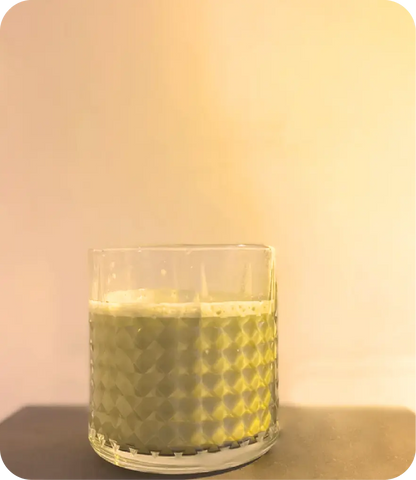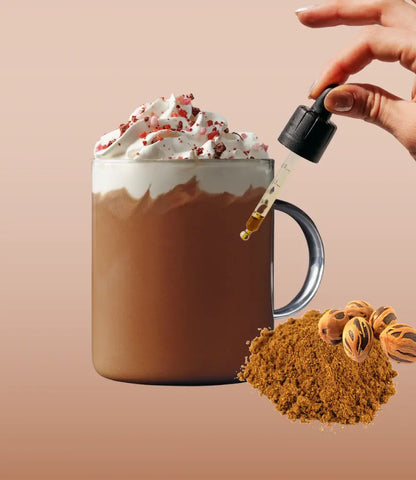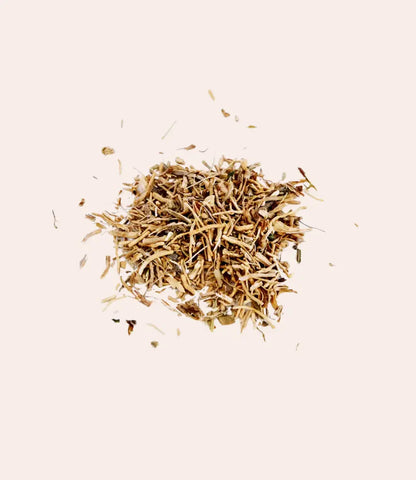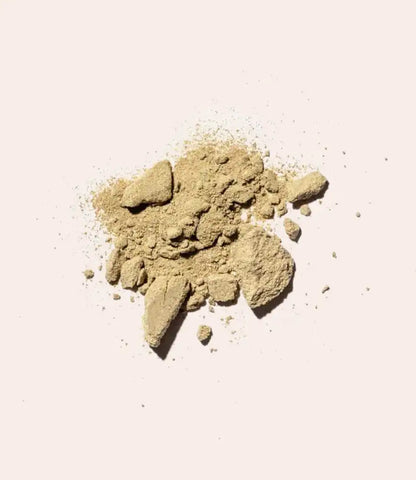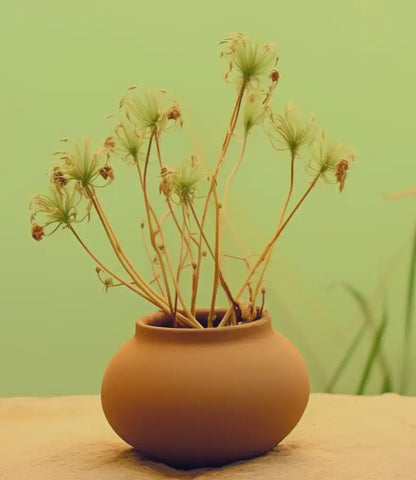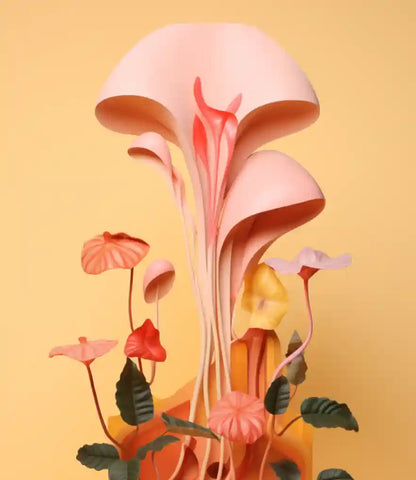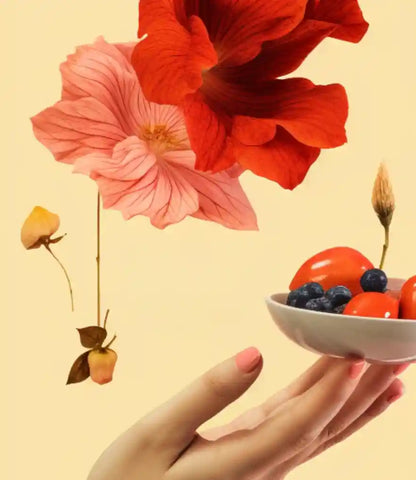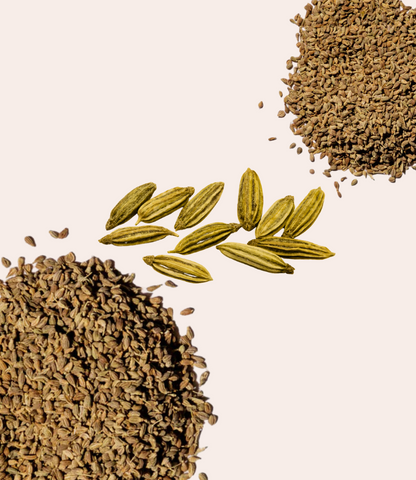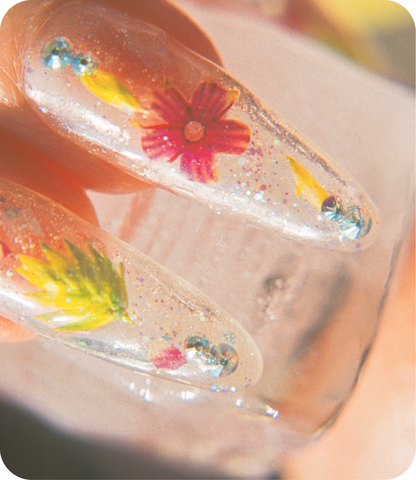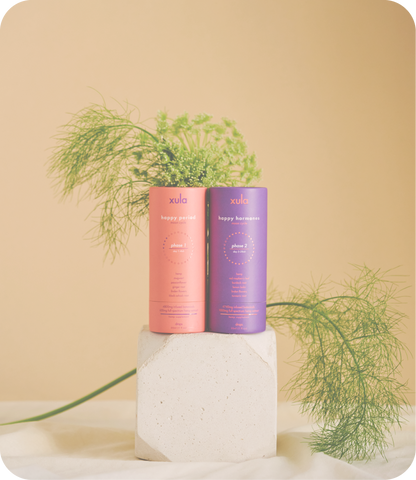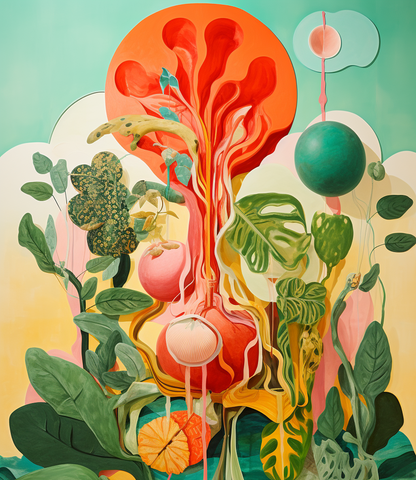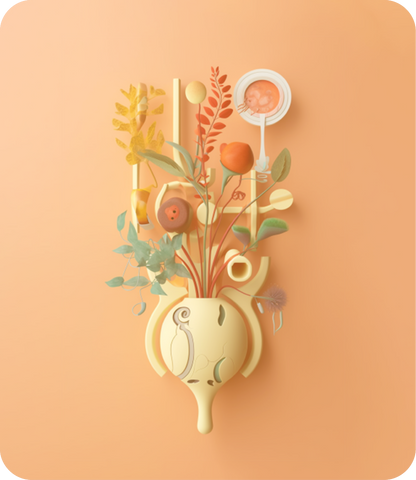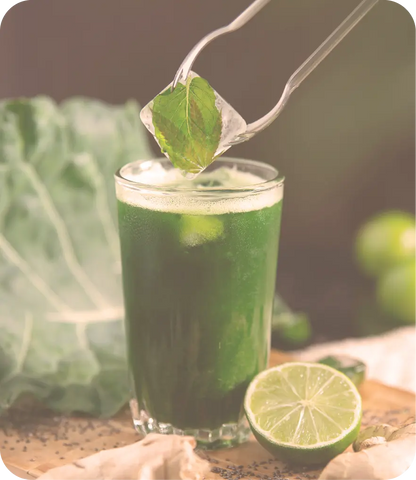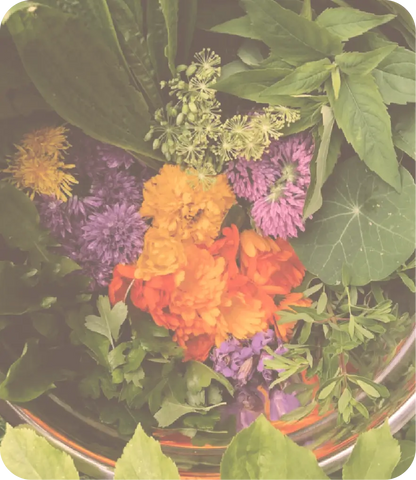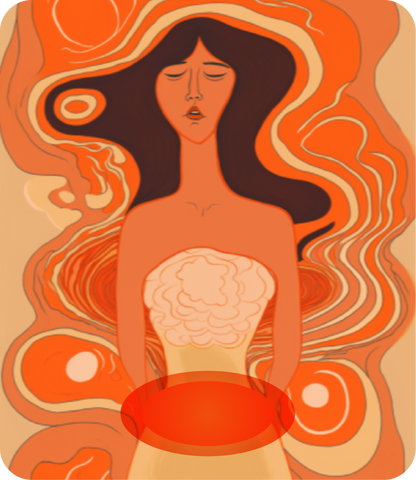
Rose the Self-Love Herb
Sappho, the Ancient Greek poet and timeless queer icon, is said to have written the poem, “The Song of the Rose.” She writes, “The rose breathes love!” and ties the meaning of the rose tightly to experiences of love, writing of blushing meadows and glowing lovers.
Roses have long been associated with love. Red roses are the symbol of Aphrodite, the Greek goddess of love and beauty who shares her name with the lusty term aphrodisiac. In one telling of her myth, she runs through a field of thorny white roses out of grief from losing Adonis, bleeding over them and staining them red. Roses are dramatic, bittersweet, and romantic AF flowers. It’s not just their beauty that invites the rose’s popularity. Their uses extend further than simple symbols.
It's worth noting that the association between roses and self-love has gained popularity in modern times, particularly in the context of self-care practices and holistic approaches to well-being. The concept of using roses as a symbol of self-love is often tied to the idea of treating ourselves with kindness, engaging in self-care rituals, and nurturing one's emotional and physical health, it has become a meaningful and popular concept in contemporary culture.
Using rose as an herb
As herbalists know, roses aren’t only related to romantic love. Many species of rose are used traditionally as powerful medicines to heal the body and the mind– and healing is the ultimate act of self-love! The roses used in herbal medicine aren’t the garden-variety rose hybrids that are known to be delicate and fussy. Medicinal roses are wild roses– hardy, thorny, pungent, and bursting with vigor. They can be consumed in any number of ways. This includes rose tinctures, teas, water infusions, and oils. They can be used both on and in the body, depending on the concentration and source.
This herb’s lengthy popularity throughout the ages may be due to its medicinal properties. When smelling the strong aroma of a rose, one feels uplifted and soothed. As we introduce these aromatic oils into our body, they affect the nervous system by relaxing it and releasing tension. Rose proves especially helpful to calm emotions and release stagnant resentment or grief. (Maybe that’s why Aphrodite ran through that field!) Roses are anti-inflammatory for the digestive system, and they also help to reduce redness and inflammation of the skin, especially when applied topically. While they soothe agitation and emotions, they can also tone the tissues of the cardiovascular and reproductive systems as well. Rose tea contains high levels of antioxidants. Rosehips, the fruit of the rose plant, are a great source of vitamin C.
Related to: 5 Self Love Ritual to Feel Yourself
Self-love rituals with roses
Practicing self-love by incorporating rose as a herb in your daily wellness routine can be a delightful way to pamper yourself and promote a sense of well-being. It could be running a bath with drops of fragrant oil, drinking a warm cup of rose petal or rosehip tea, or indulging in a tincture meant to calm and cool your system. Roses have many meanings and uses, so you’ll be able to engage with this herb in the way that most suits your own situation.
Rose-infused bath: Fill your bathtub with warm water and add a handful of fresh rose petals or a few drops of rose essential oil. Light some candles, play soft music, and immerse yourself in the fragrant and relaxing bath. Take this time to unwind, practice mindfulness, and show yourself love and care.
Rose petal facial: Create a rejuvenating facial mask using rose petals. Blend a handful of fresh petals with some yogurt or honey to form a paste. Apply the mixture to your face and let it sit for 15-20 minutes. Rinse off with warm water to reveal a refreshed and glowing complexion.
Rose tea ritual: Brew a cup of rose tea by steeping dried rose petals in hot water for a few minutes. As you sip the tea, take a moment to reflect on your self-worth, acknowledging your strengths and positive qualities. Embrace a mindset of self-love and acceptance.
Self-love affirmation with roses: Find a quiet space where you can sit comfortably. Hold a fresh rose in your hands and take a few deep breaths to center yourself. Repeat affirmations focused on self-love and acceptance while visualizing the rose's beauty and energy infusing you with love and positivity.
Related to: Our Herbal Softgels
Sources:
Cole, B. (2022). The Garden Apothecary. Hardie Grant Books.
(n.d.). Relaxing Effect of Rose Oil on Humans. Sage Journals. https://journals.sagepub.com/doi/abs/10.1177/1934578X0900400226
International Immunopharmacology, 01 Nov 2012, 14(4):779-784,DOI: 10.1016/j.intimp.2012.10.015
Rose Petal Tea as an Antioxidant-rich Beverage: Cultivar Effects. Journal of Food Science. https://doi.org/10.1111/j.1365-2621.2006.tb12404.x











